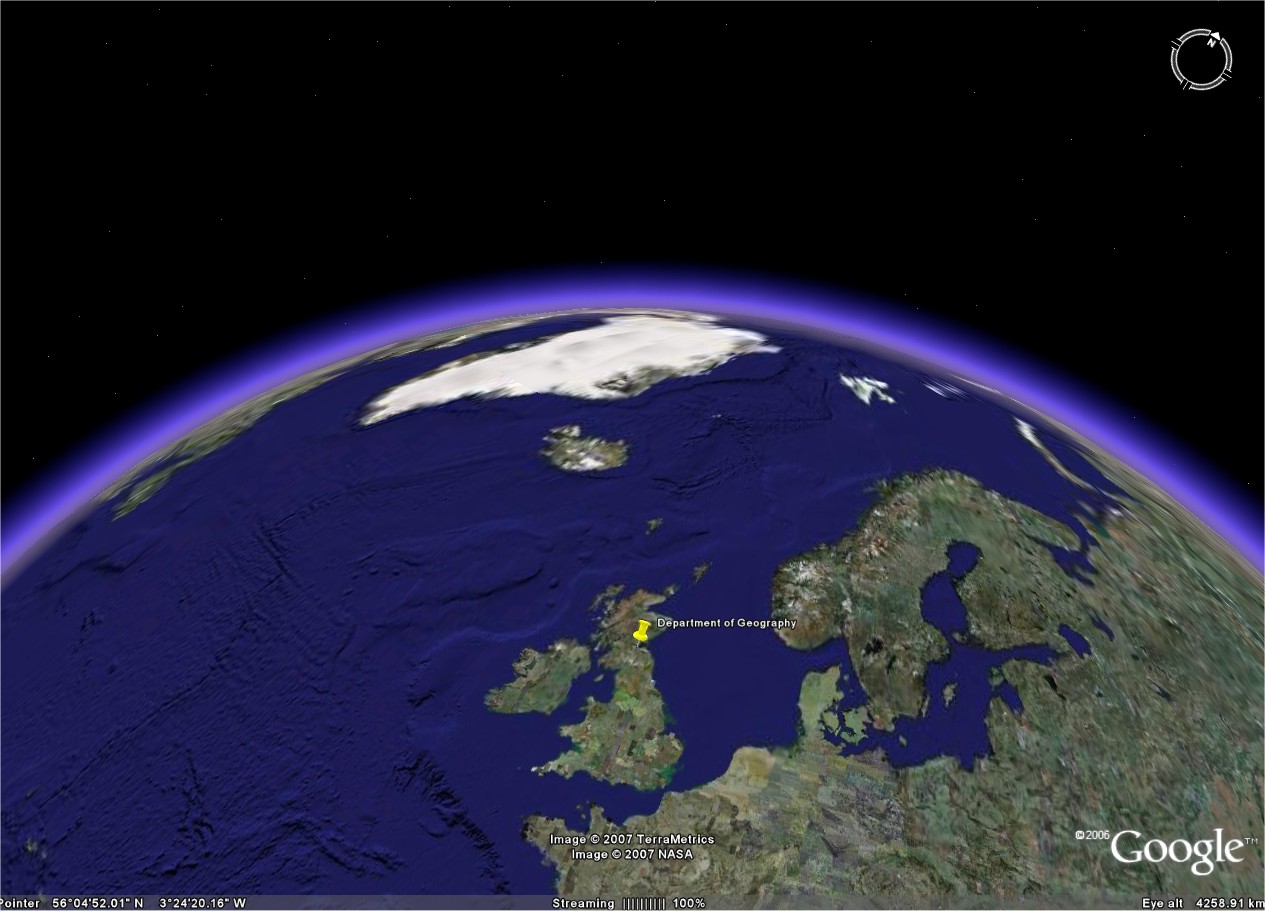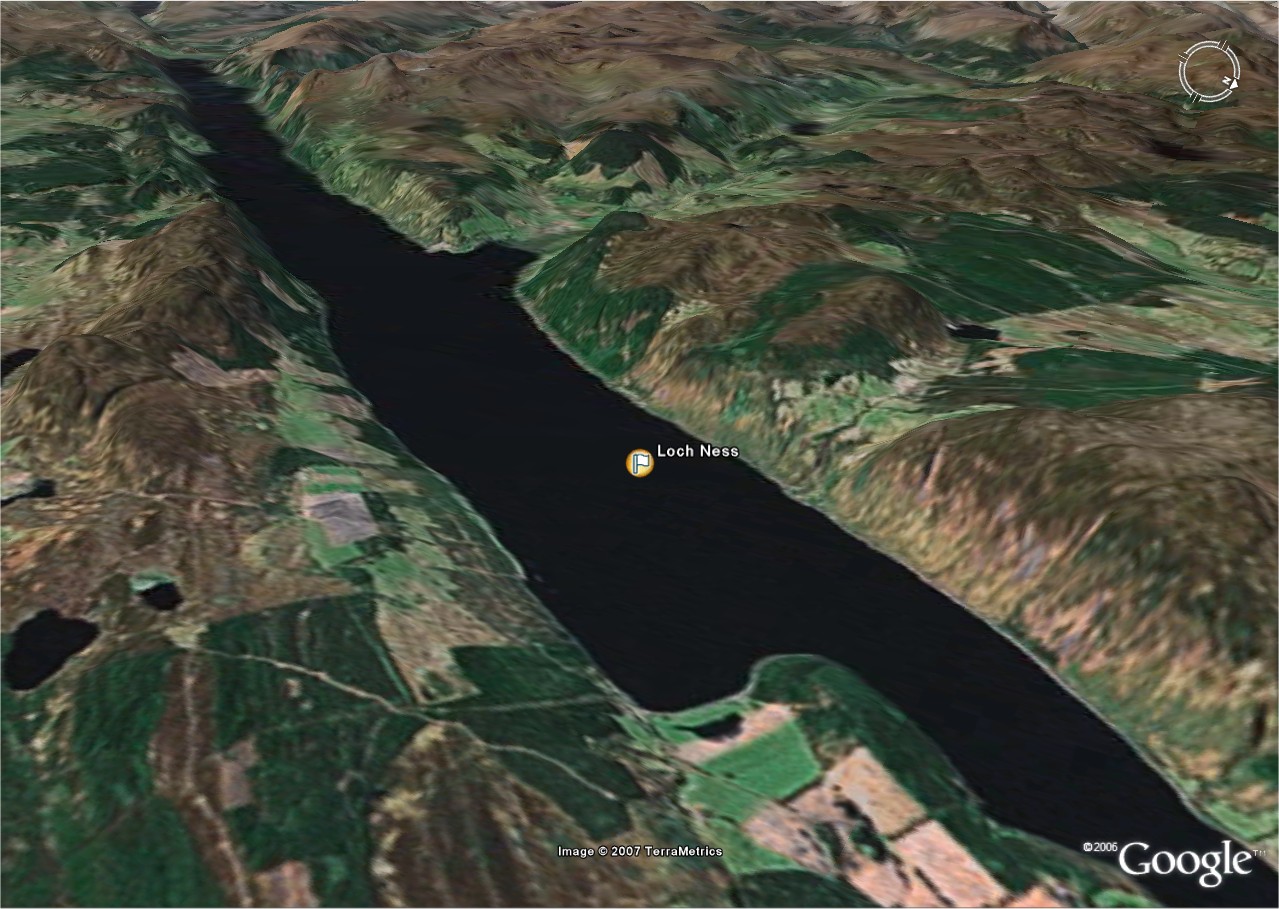Virtual Globes, Google EULA, and Gazetteer XML considerations
Then yesterday one of my classmates' (who incidently knows Eddy Boyle) and I were having a discussion about the use of Google's images and their EULA. Odd, as Bull's World did a post on exactly what we were speaking about, followed up by the news that Ed Parsons was joining Google, which in turn was followed up by Spatially Adjusted's obvious request!
What am I up too? Well, I'm trying to finalise the planning of the XML 'grammar' I'm going to use. It's swinging either the way of Linda Hill's Alexandria's Digital Library Project, that being a light-weight gazetteer which we can supply for the world to use. We've got probably the most extensive set of gazetteer data for Scotland, so it's certainly a service that could prove interesting to other users - in a similiar way to how geonames currently works.
The problem is that the Gazetteer for Scotland is much more than a simple place/feature gazetteer, containing vast volumes of other descriptive information, photographs and other media. Clearly this isn't something we can serve to the world directly (copyright issues), and yet it's important that these elements can be adequately represented in the XML structure.
Anyway, once we've decided we'll start working on adapting a few perl scripts to draw the data out into our XML, and then the fun begins of stylesheet transformations etc.
Labels: gazetteer for scotland, virtual globes




